The Power of a Network {ADRN}




Austin Disaster Relief Network steps in to provide critical support during the winter storm.
Words by Sam Lauron Photos Courtesy of ADRN
When Austin Disaster Relief Network was called into the city’s emergency operations center (EOC) in February 2021, Daniel Geraci, founder and executive director of the nonprofit, thought it’d be a slow day. Little did they know, it would be the beginning of a month’s long disaster relief effort for historic Winter Storm Uri that plowed through all of Texas.
Founded in 2009, Austin Disaster Relief Network (ADRN) is a network of more than 200 churches and thousands of volunteers in the greater Austin area. The organization provides year round support for around 80-100 incidents, or crises, per year in the Austin area. In a typical year, 90 percent of these incidents are house and apartment fires, according to Daniel.
Working with the Red Cross, which provides immediate support for displaced families in the form of shelter and food, ADRN follows up by providing families with support that helps them get back on their feet. The nonprofit assists with replacing lost or damaged furniture, helping families pay rent or put a deposit on a new home, or repairing or rebuilding a house. They also run their own thrift store which provides immediate access to essential items like clothing, linens, and toiletries. Aside from tangible items, a primary focus for ADRN is providing emotional and spiritual care for families in need.
“When families have someone around to help them in a crisis, they bounce back much faster,” Daniel states.
Though the network is prepared for many types of disasters, there was only so much they could do to prepare for the impact of this devastating freeze. However, like much of the city, they quickly adapted and used their resources to support the community. “Every disaster has some new twist to it,” Daniel says, “and you have to be ready to create something entirely new.”
“ADRN gave me hope… They assured me that I’m not alone. They have given me resources and accommodations that can make this an easier course to go on. I still have a lot of challenges ahead of me, but with them, it’s going to be a little bit easier.”
Sophia Marshall
ADRN pivoted their standard operations and immediately went into action when they were brought into the EOC. Calling on their network of volunteers, one of the first things ADRN did was put together a fleet of 200 four-wheel drive vehicles in order to create their own dispatch service on the spot to fill in where emergency workers needed support. Making 600 trips to pick up stranded residents, they took them to shelters or warming centers, delivered food and water, and even transported emergency workers who needed a safe ride. “Everyone played a part,” Daniel emphasizes.
Following the immediate emergency response, ADRN also provided relief efforts in the form of a hotline, as well as free clean-up and plumbing repair services.
Months later, the aftermath of the storm is still felt by many families across Austin. ADRN continues to provide recovery support for families who lost or received damage to their homes due to flooding, water damage, and fallen trees. They have provided assistance to 860 families who called into the survivor hotline that ADRN set up following the freeze. Additionally, the nonprofit has helped hundreds of families pay for rent, hotels, and emergency housing.
When it comes to the “life-sustaining support” that ADRN provided throughout the storm and its aftermath, Daniel credits their large network of churches who volunteer to serve the city. “That’s the power of a network,” he says. “We can move big numbers quickly, and we’re always prepared and ready.”
Winter Storm Impact
(ADRN by the #’s)
- $1.1 million funded in relief efforts such as rent, emergency housing, repairs, insurance, etc.
- 5,880 meals delivered
- 1,160 cases of water delivered
- 600 dispatches made
- 273 homeowners assisted with free plumbing repairs
- 41 churches volunteered
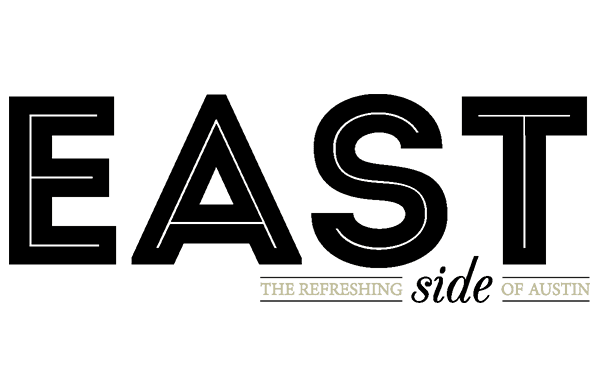
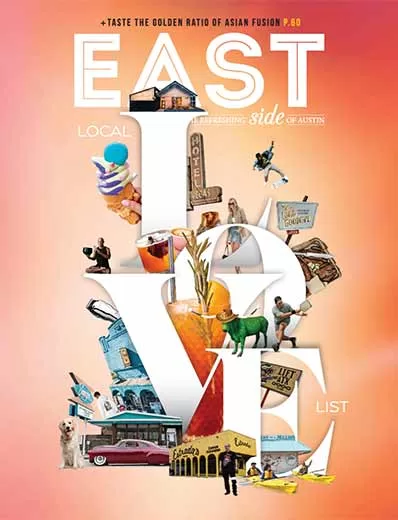
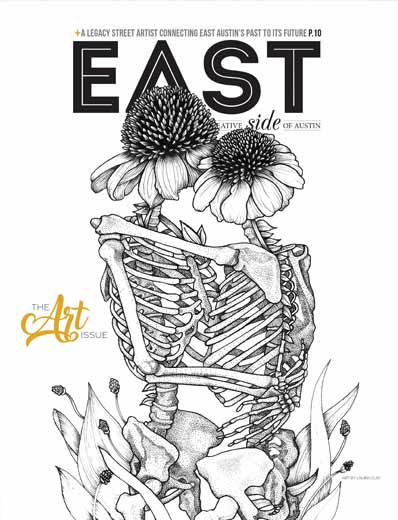




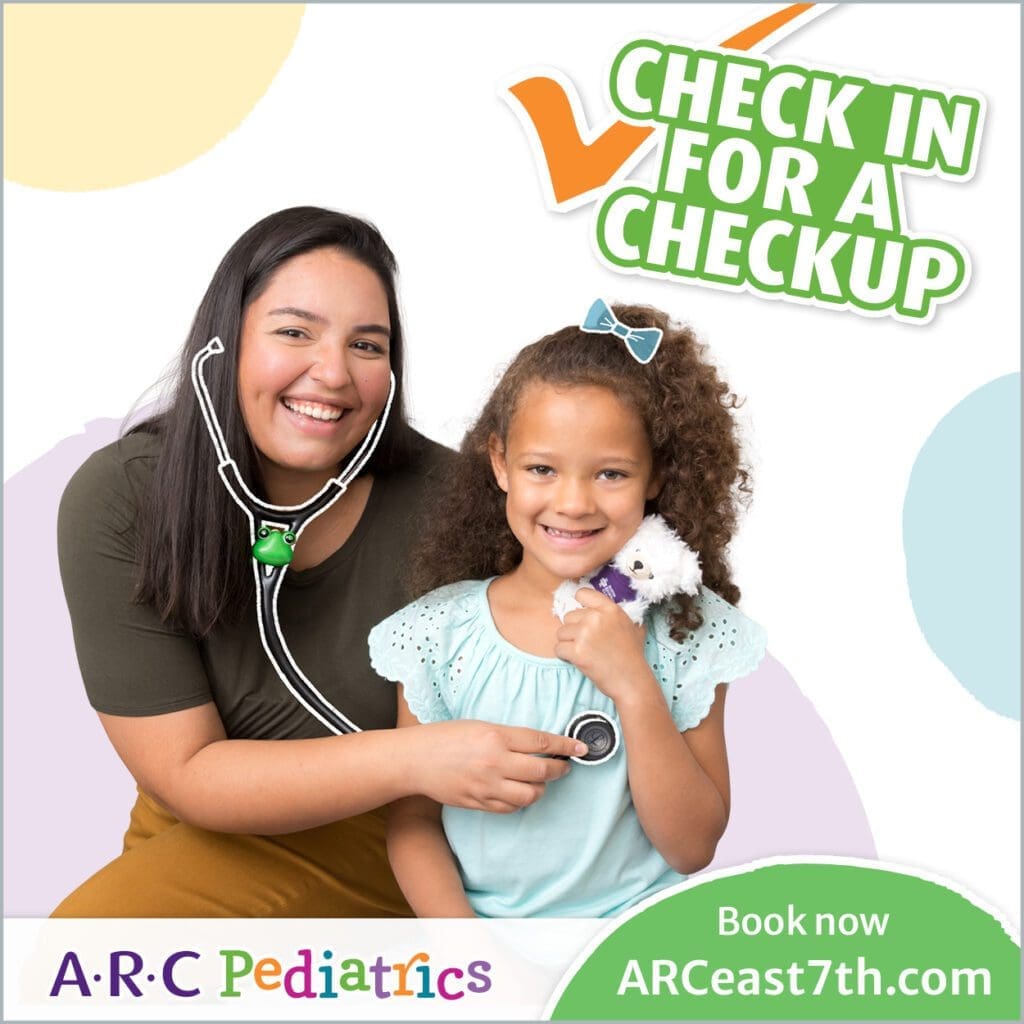




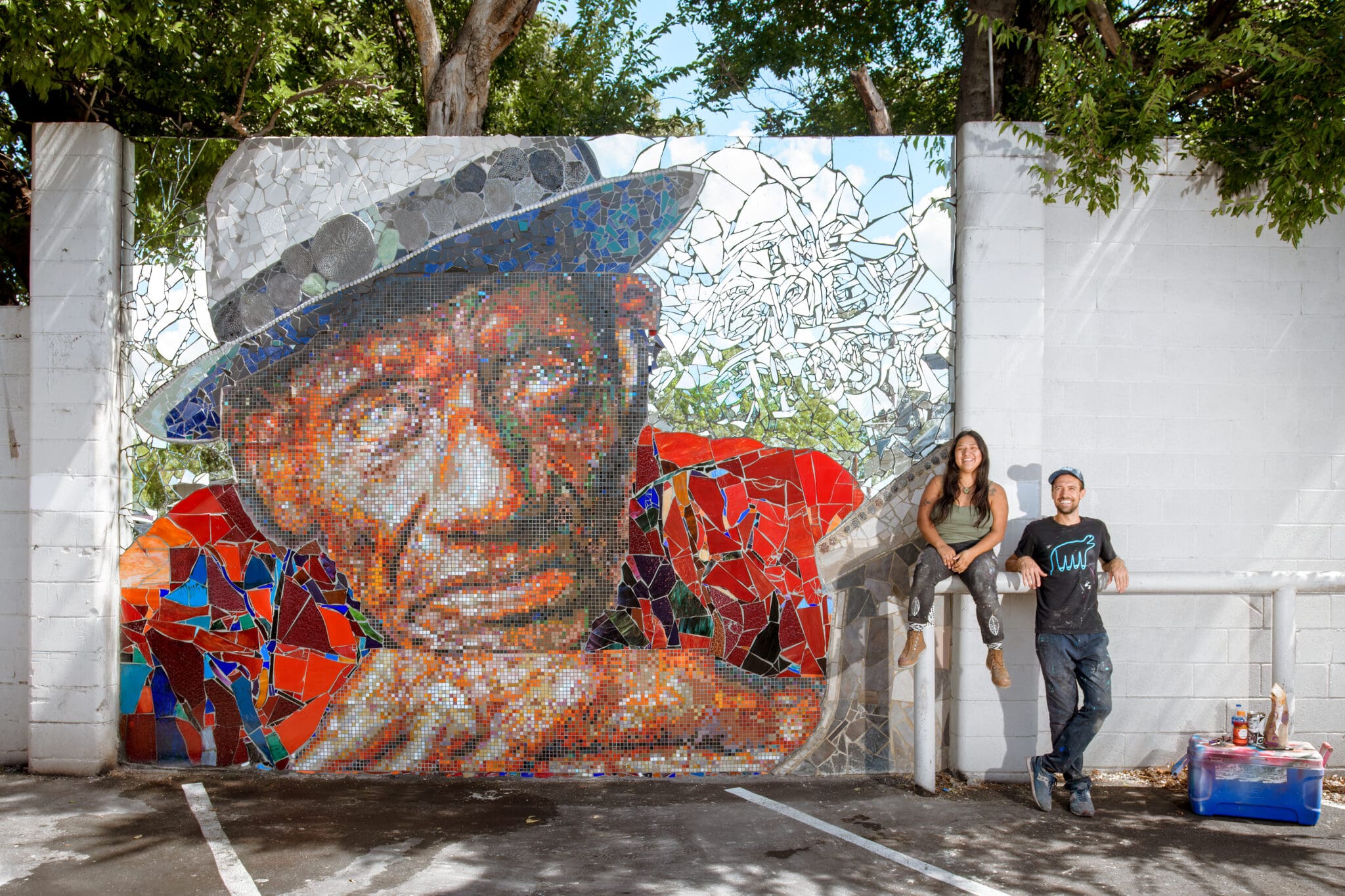



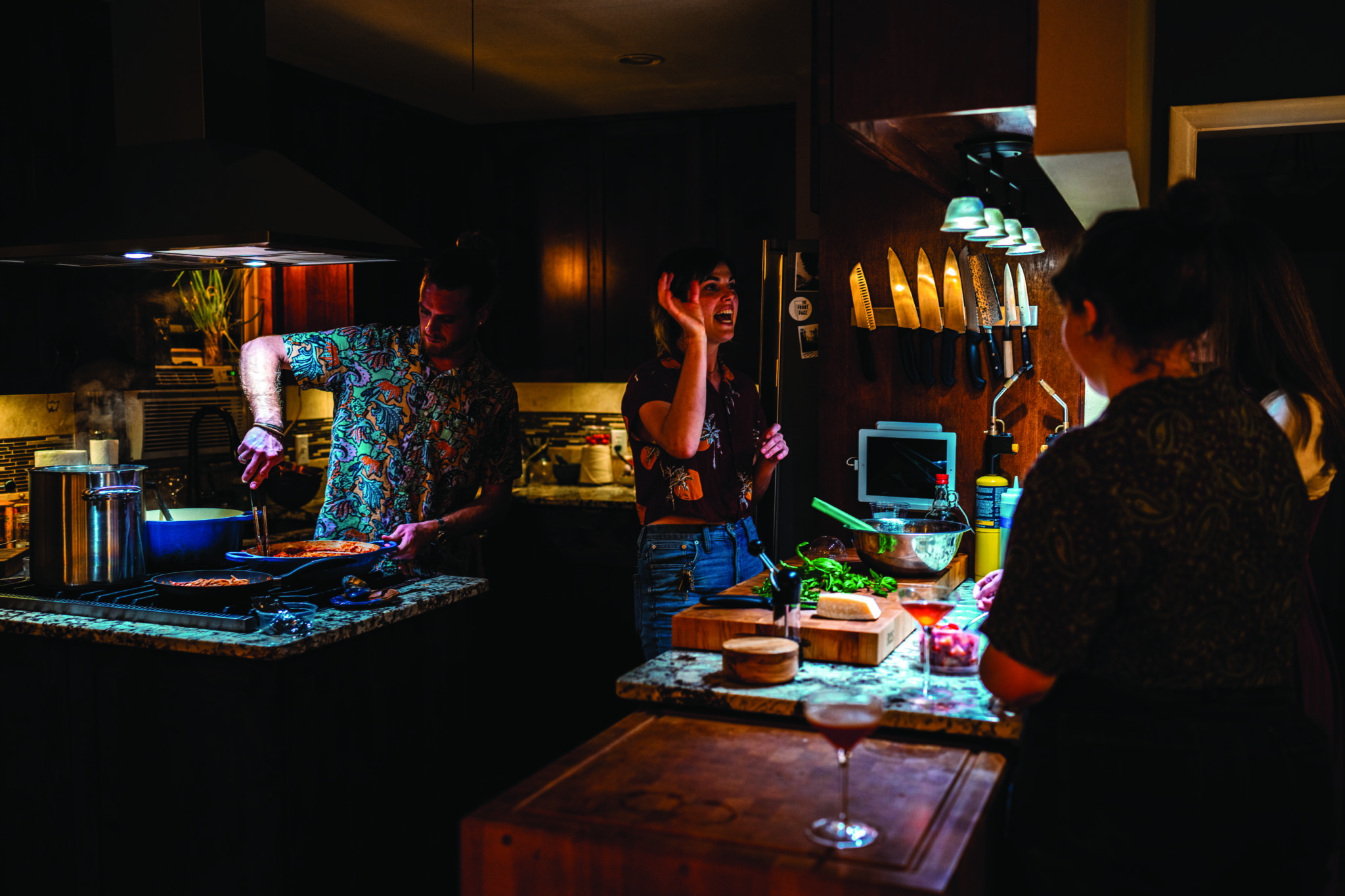

You can definitely see your enthusiasm within the work you write. The sector hopes for even more passionate writers such as you who aren’t afraid to mention how they believe. All the time follow your heart.